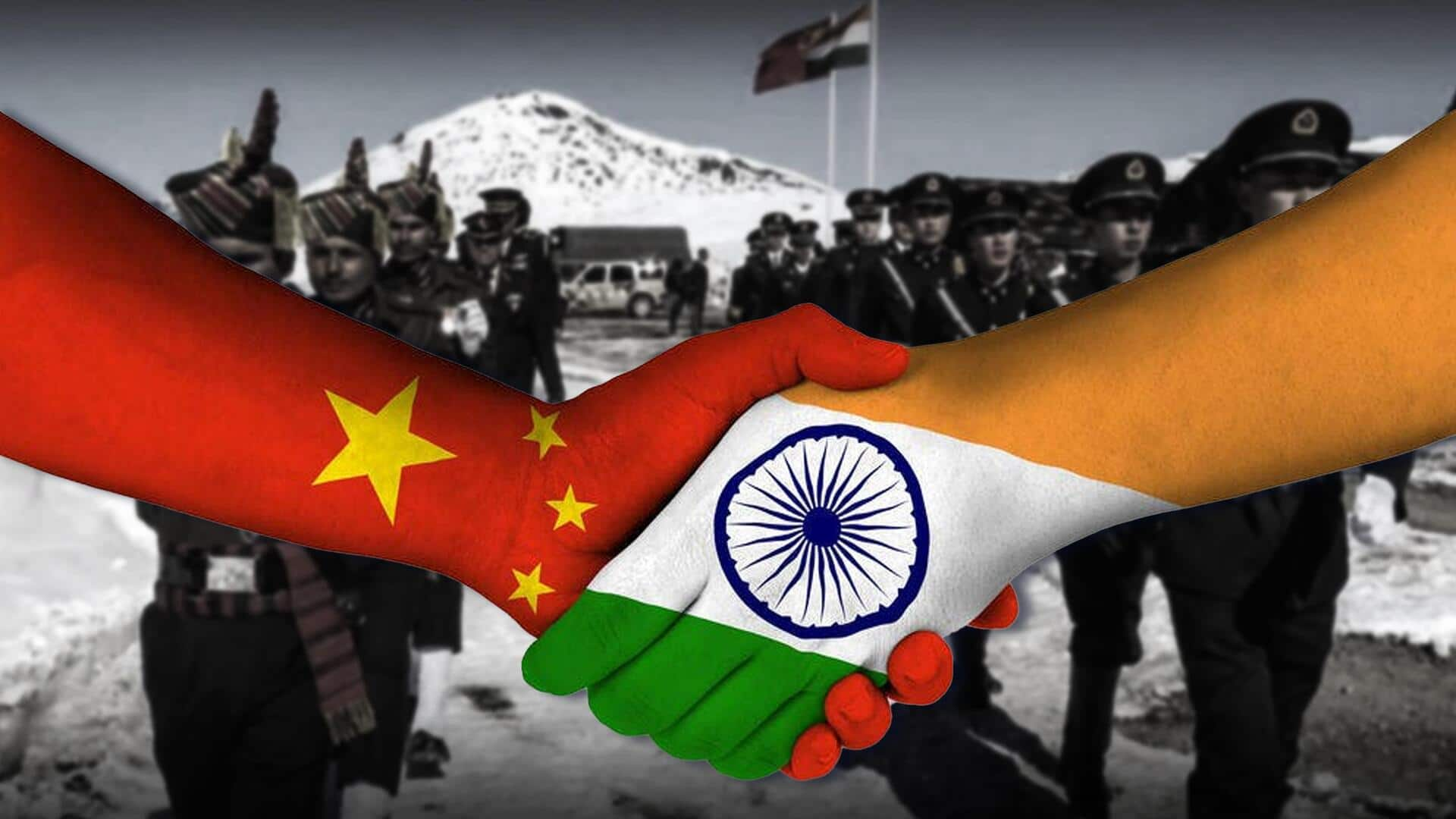
Explained: India-China border patrol agreement, its importance
What's the story
India and China have reached a significant patrolling agreement along the Line of Actual Control (LAC) in eastern Ladakh. The development comes four years after the Galwan Valley clash, a major escalation point between the two nations. The new accord permits Indian and Chinese soldiers to resume patrolling as per pre-2020 norms, with an aim to de-escalate tensions and stabilize the region.
Diplomatic victory
Agreement hailed as 'major diplomatic success'
Foreign Secretary Vikram Misri announced the agreement, noting it could ease tensions between India and China. External Affairs Minister S Jaishankar hailed it as a "major diplomatic success," attributing it to patient negotiations that began after his Moscow meeting with Chinese Foreign Minister Wang Yi in 2020. The deal is seen as progress toward disengagement efforts at key friction points such as Depsang Plains and Demchok.
Ongoing negotiations
Agreement follows multiple rounds of military talks
The agreement comes after multiple rounds of military talks that resulted in disengagement at other flashpoints such as Pangong Tso, Gogra, and Hot Springs. Misri said both sides have been in close contact over the past few weeks, working through various channels to resolve long-standing issues. He said "India and China have reached an agreement on patrolling arrangements along the LAC in border areas leading to disengagement."
Historical conflict
Recap: Galwan Valley clash
The Galwan Valley clash on June 15, 2020, which left casualties on both sides, was the first deadly confrontation since 1975. The incident escalated bilateral tensions significantly, prompting both countries to hold de-escalation talks. The new agreement is likely to pave the way for higher-level diplomatic interactions and improve bilateral relations beyond military confrontations. It could also enable India to develop its border infrastructure without an immediate threat of conflict.
Border dynamics
Agreement's impact on contentious border areas
The understanding reached indicates that Chinese troops will pull back from critical areas in Depsang, giving Indian patrols access to previously blocked areas. This changes the status quo on contentious points like the "Y junction" in Depsang Plains. Jaishankar stressed that this outcome would help normalize the situation along the border by permitting patrolling activities similar to those carried out prior to 2020.